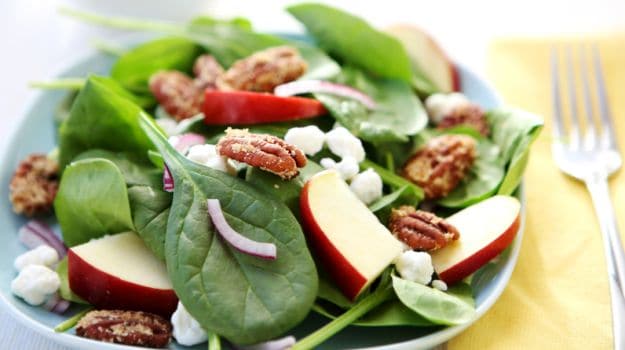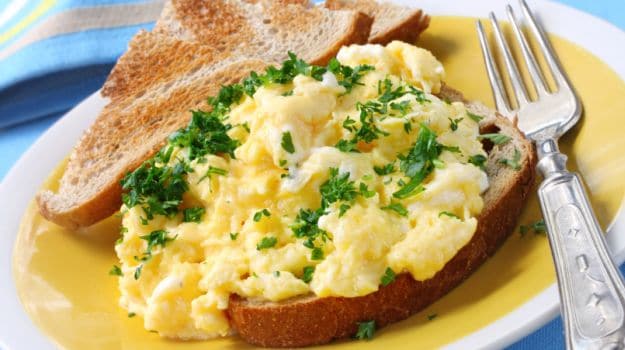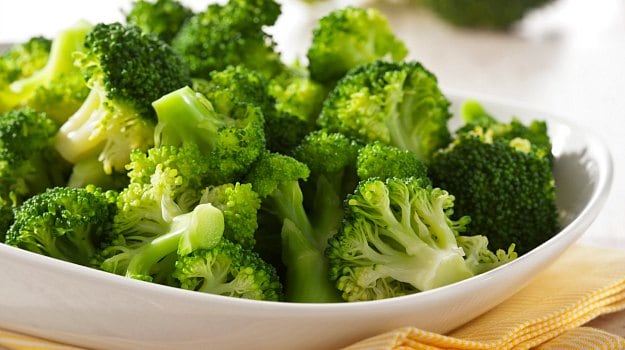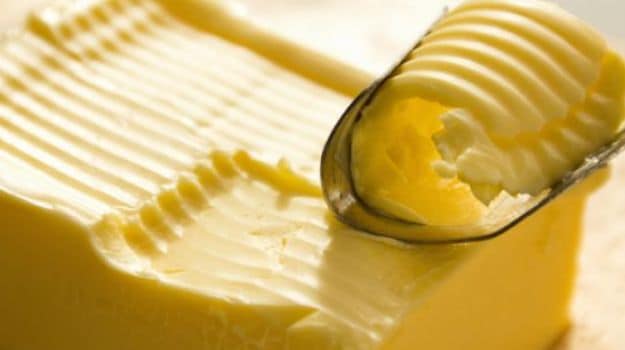 Thyroid is the most important, yet the most neglected gland in our body. The butterfly-shaped gland secretes hormones that manage essential functions in the body like metabolising food, regulating our sleep pattern, weight management, mood swings, depression and anxiety.Healthcare
practitioners solely rely on blood tests, and subsequently
'prescription hormone therapy' to treat thyroid related problems. The attention to food
and nutrients to encourage proper functioning of the gland is often
ignored. The nutrients that the thyroid gland needs are easily available
in many food items. Let's use the right information to heal our thyroid
effectively.
Thyroid is the most important, yet the most neglected gland in our body. The butterfly-shaped gland secretes hormones that manage essential functions in the body like metabolising food, regulating our sleep pattern, weight management, mood swings, depression and anxiety.Healthcare
practitioners solely rely on blood tests, and subsequently
'prescription hormone therapy' to treat thyroid related problems. The attention to food
and nutrients to encourage proper functioning of the gland is often
ignored. The nutrients that the thyroid gland needs are easily available
in many food items. Let's use the right information to heal our thyroid
effectively.1. Check Your Iodine Intake
Iodine is a trace mineral that plays a critical role in the formation of the primary thyroid hormone thyroxine. On the other hand, excess iodine can also cause goiter. Prevent iodine deficiency by choosing to eat the right amounts of iodine rich foods such as seaweeds, iodised salt and seafood.
Seaweeds are the numero uno food for iodine deficiency. They offer the broadest range of nutrients, containing virtually all the minerals found in the ocean, which are also essential for the human body. Seaweeds like kelp, nori and kombu can play a major role in supporting thyroid function. They also contain pantothenic acid and riboflavin, which are B vitamins that are very useful to those suffering from anxiety and depression due to mismanagement of their thyroid.

2. Increase Your Protein Intake
Protein transports the thyroid hormone to all your tissues and thus helps your thyroid function effectively. Include eggs, nuts, seeds, fish and legumes in your diet. Avoid soy and soy products like tofu, soy milk and soy granules as soy impedes cell receptors and disturbs the entire thyroid function.

3. Avoid Goitrogens
Goitrogens are chemical substances that interfere with the body's iodine absorption. Hence avoid foods like broccoli, cabbage, cauliflower, turnips, peanuts, radishes, soybeans, spinach and kale, especially in their raw form. However, you can eat them after being cooked, as then there goitrogenic compounds are inactivated.

4. Feed Your Gut
20% of thyroid function depends on a good gut ecology. So take probiotics or have home-made dahi or yoghurt regularly. You should also eat lots of garlic, which kills yeast.

5. Eat Fat
You may be surprised to know that fats are of great nutritional importance to help produce and regulate hormones. If you are getting insufficient fat and cholesterol, you could be exacerbating hormonal imbalance. Natural healthy fats include ghee, nuts, full fat cheese, butter, coconut oil /milk, flaxseeds, chai seeds and oily fish like salmon. So make them a part of your diet.

Studies have shown that repeated insulin spikes tend to destroy the thyroid gland. Sugar spikes cause our adrenal glands to secrete excess cortisol. Problem is, if cortisol is overused (from eating sugar daily), it suppresses the pituitary function, which in turn effects the function of the thyroid.

Apart from these, avoid all forms of processed food, artificial sweeteners, BPA encapsulated food and chemical additives which interfere with thyroid function. Focus on whole foods and nutrition, and make simple thyroid friendly lifestyle modifications which can help this 'mastergland'.
About the Author:
Shilpa Arora ND is a renowned Health Practitioner, Nutritionist and certified Macrobiotic Health Coach. She has to her credit Doctorate in Natural Medicine. She is currently based in Delhi NCR region, successfully running her Nutrition Studio with individual consultations, offering life style programs supported by the most up-to-date clinical research.
Disclaimer:
The opinions expressed within this article are the personal opinions of the author. NDTV is not responsible for the accuracy, completeness, suitability, or validity of any information on this article. All information is provided on an as-is basis. The information, facts or opinions appearing in the article do not reflect the views of NDTV and NDTV does not assume any responsibility or liability for the same. The products linked inline are neither approved nor suggested by the author.







